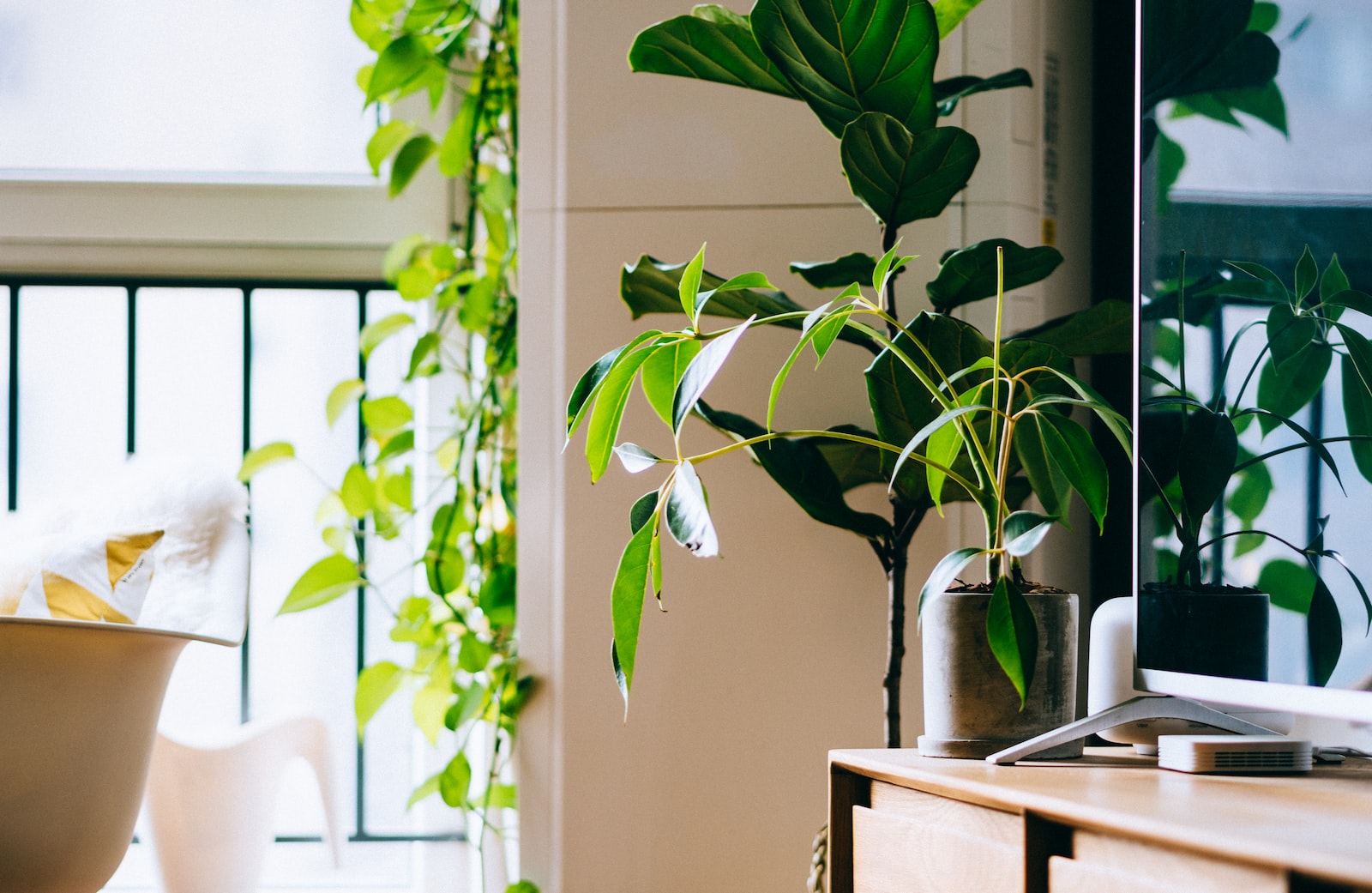The stress-relieving effects of nature indoors have been scientifically shown to improve ability in cognitive performance tasks. For employers striving to attract workers back to the office, air-circulating green walls could offer an effective solution towards healthier, happier, more productive workplaces.
A pilot experiment by Finnish indoor nature technology company, Naava revealed that when performing stress-inducing cognitive tasks in the presence of Naava’s green walls, which contain living plants, participants made 43% fewer mistakes compared to when performing the same tasks in a control room with no green walls.
The air-purifying green walls are an example of biophilic design, which incorporates natural elements, including plants, to trigger positive responses resulting from humans’ innate, genetically determined affinity with the natural world.
Participants in the presence of green walls were also shown to have increased levels of happiness hormone oxytocin, and reduced levels of stress hormone cortisol during the experiment. Lower oxytocin levels are often observed in people suffering from depression, anxiety, and stress-related disorders, whereas heightened cortisol levels are associated with reduced attention and focus.
Aki Soudunsaari, Co-founder at Naava, commented:
We are much more creative and smarter outdoors. In nature, we think more clearly, solve problems more efficiently, and are less prone to stress factors. Still, we choose to spend 22 hours a day indoors.
On the contrary, most workplaces today are entirely uninspiring at best, and, at worst, they are actually detrimental to our health. They bombard our senses with stress-inducing stimuli like unnatural lighting and artificially sterilized air – we’re starved of the therapeutic effects of nature that we as humans are genetically programmed to thrive in.
Aki Soudunsaari, Co-founder at Naava
The study consisted of a two-day test in which twelve participants performed hand-written, cognitive word association tests. On one day, these were performed in a room with biophilic, air-purifying green walls, and on another day, in a room with no green walls. The results across both rooms were compared for cognitive performance indicators.
Experimental data was collected before and after performing the cognitive tasks, including from a self-report questionnaire gauging mood, environmental comfort, anxiety and fear, as well as measurements of heart rate and body temperature. In addition, blood and saliva samples were taken, and hormonal analyses were performed to measure oxytocin and cortisol levels pre- and post-task.
The research supports other similar findings that mark biophilic design and indoor air quality as significant factors not only in work-related performance, but also in employee health and wellbeing.
As such, incorporating biophilic design in the workplace could help employers create more comfortable, human-friendly working environments, that could, in turn contribute towards a better bottom line for businesses through increased productivity and reduced absenteeism.
The processes by which biophilic design triggers innate stress-relieving hormonal responses and enhanced thought clarity and mental performance are also explained by the Attention Restoration Theory.
Soudunsaari concludes:
Biophilia explains that during our evolutionary history, our brains have adapted to seek natural elements from our surroundings. Plants have been a sign of food, water, and shelter, and, therefore, indicate a safe environment. This allows our minds to rest when we see nature around us: it has an unconscious effect on our attention, enabling us to concentrate on the task instead of being alert to the environment.
Joanne is the editor for Workplace Wellbeing Professional and has a keen interest in promoting the safety and wellbeing of the global workforce. After earning a bachelor's degree in English literature and media studies, she taught English in China and Vietnam for two years. Before joining Work Well Pro, Joanne worked as a marketing coordinator for luxury property, where her responsibilities included blog writing, photography, and video creation.



